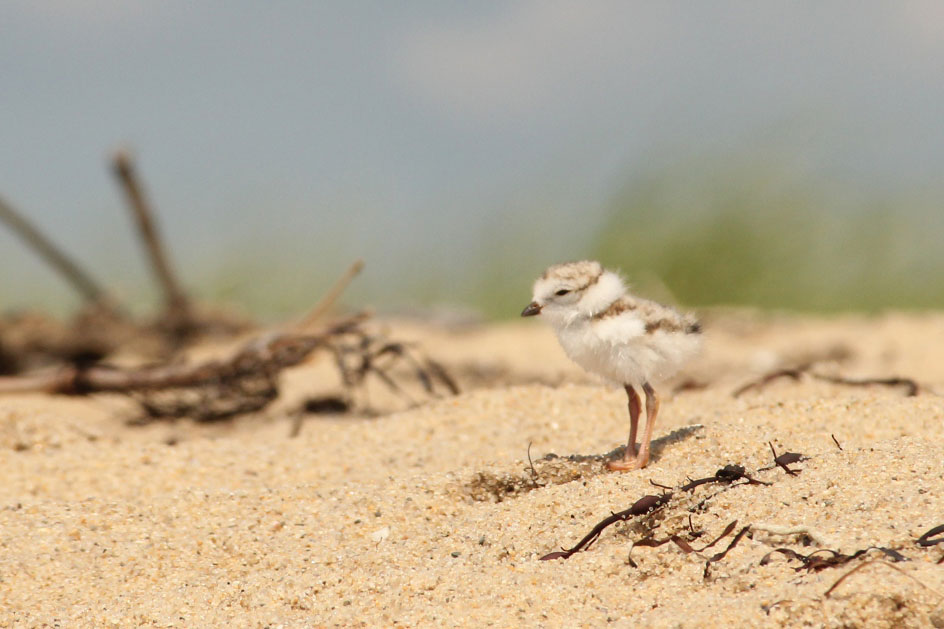Assessing How Climate Change Will Affect Coastal Habitats in the Northeast
Assessing How Climate Change Will Affect Coastal Habitats in the Northeast
Assessing How Climate Change Will Affect Coastal Habitats in the Northeast
Program: NERRS Science Collaborative
Program details » | All NERRS Science Collaborative projects »

Photo credit: Waquoit Bay NERR
Why this work?
Climate change will significantly affect coastal habitats as sea levels, storms, erosion, and water quality change. However, the impacts on different habitats in different locations will vary, and it is not clear how coastal managers should best protect vulnerable habitats such as marshes, seagrass beds, and dunes. A more complete understanding of risks could help coastal managers prioritize actions that could enhance the resilience of coastal habitats.
About this project
A new tool has been developed, the Climate Change Vulnerability Assessment Tool for Coastal Habitats (CCVATCH), to help land managers, decision makers, and researchers develop conservation, management, and restoration plans for coastal habitats. This assessment tool identifies primary sources of vulnerability to assist with prioritizing coastal habitat management actions. As part of this project, four estuarine reserves in New England will conduct assessments of their areas, demonstrating the utility of the tool to support adaptive management in response to climate change.
Project lead and contact
Robin Weber, Narragansett Bay National Estuarine Research Reserve, Email: [email protected]
To learn more, view the project fact sheet (PDF).
For more information about the CCVATCH decision support tool, please visit: www.ccvatch.com